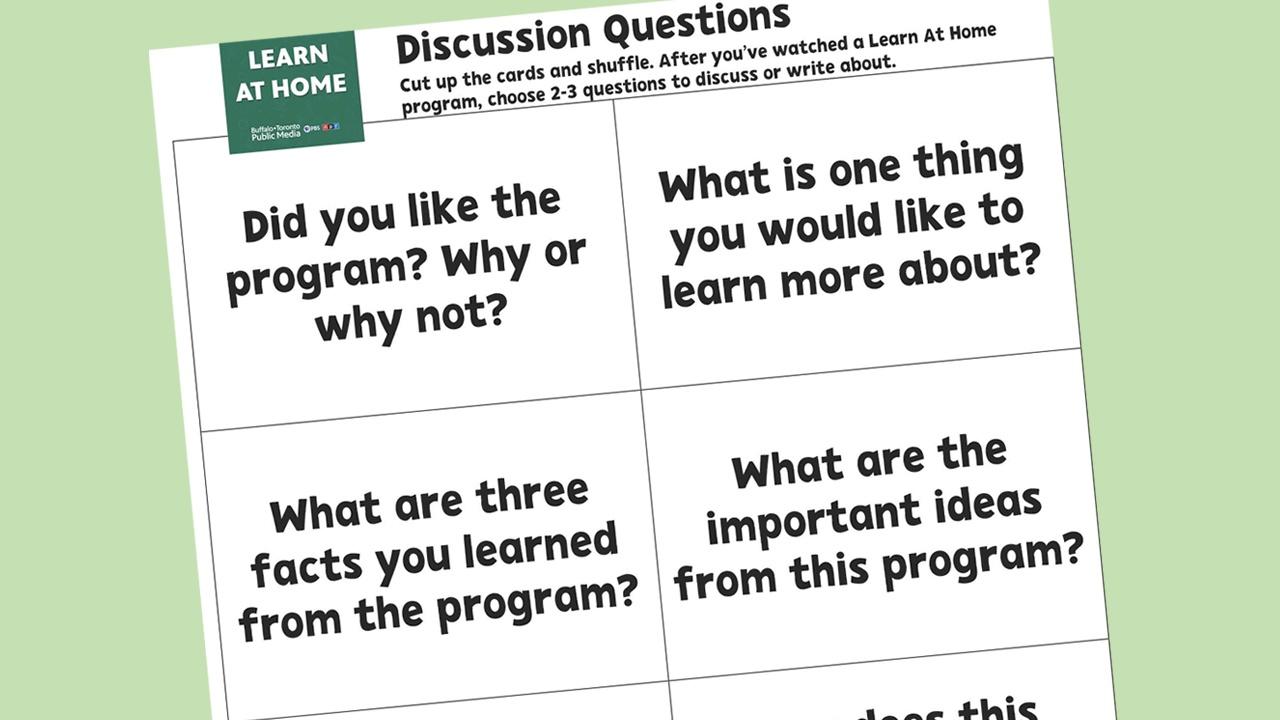
GRADES 4 - 12
Learn at Home Discussion Questions
We created these Discussion Question Cards cards to use with Learn at Home programs.

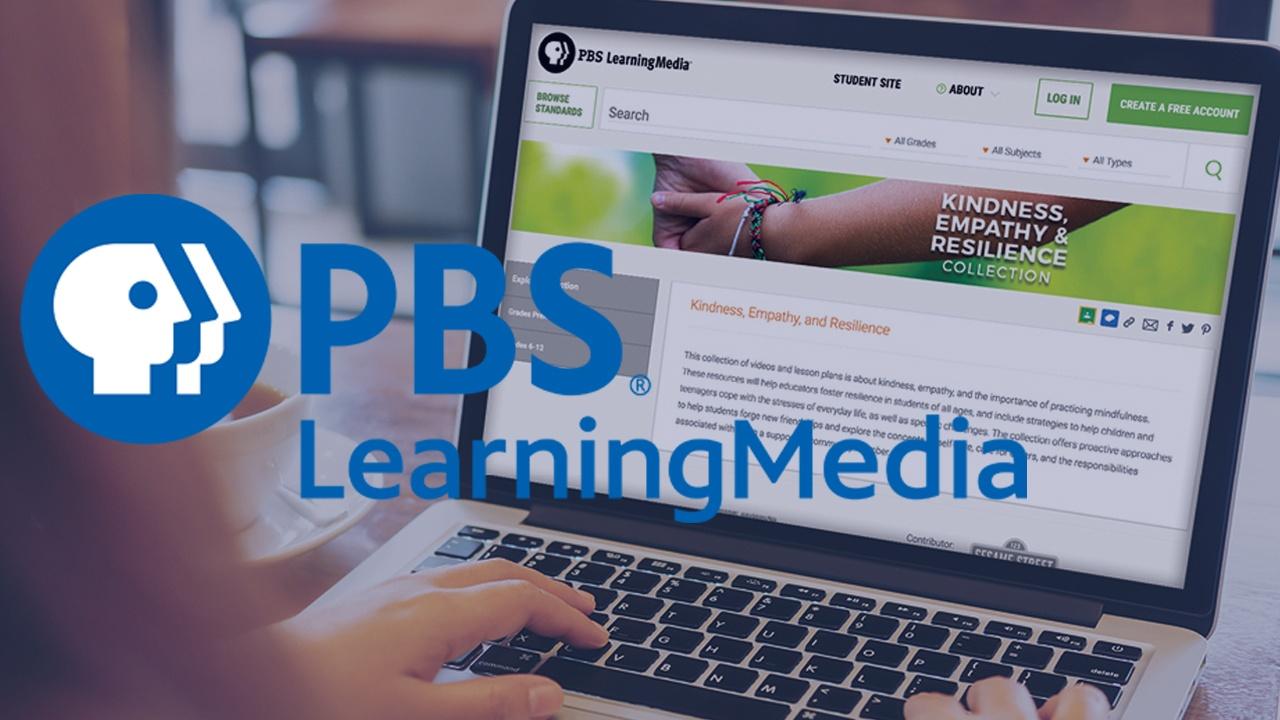
Inspire your kids and students with free teaching resources including videos, lesson plans, and games aligned to state and national standards.
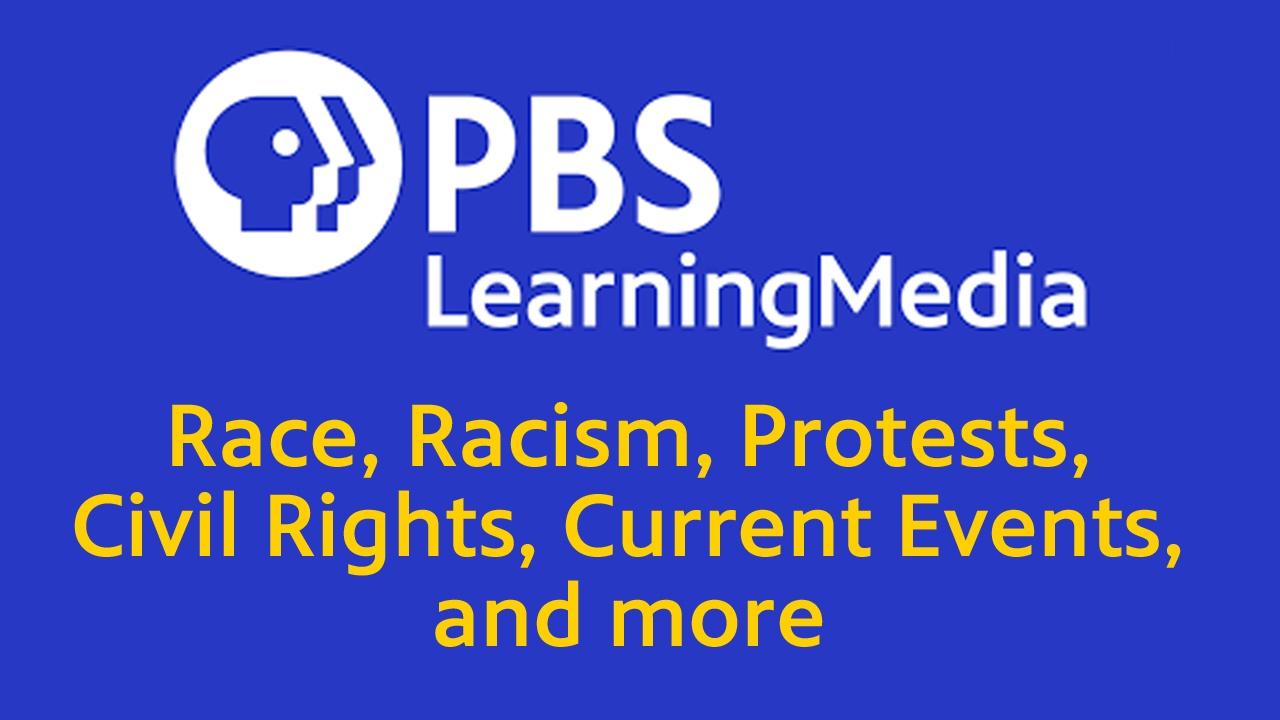
Resources from PBS LearningMedia to support educators and families while discussing: race,racism, protesting, civil rights, Black history and historical individuals, biasand more.
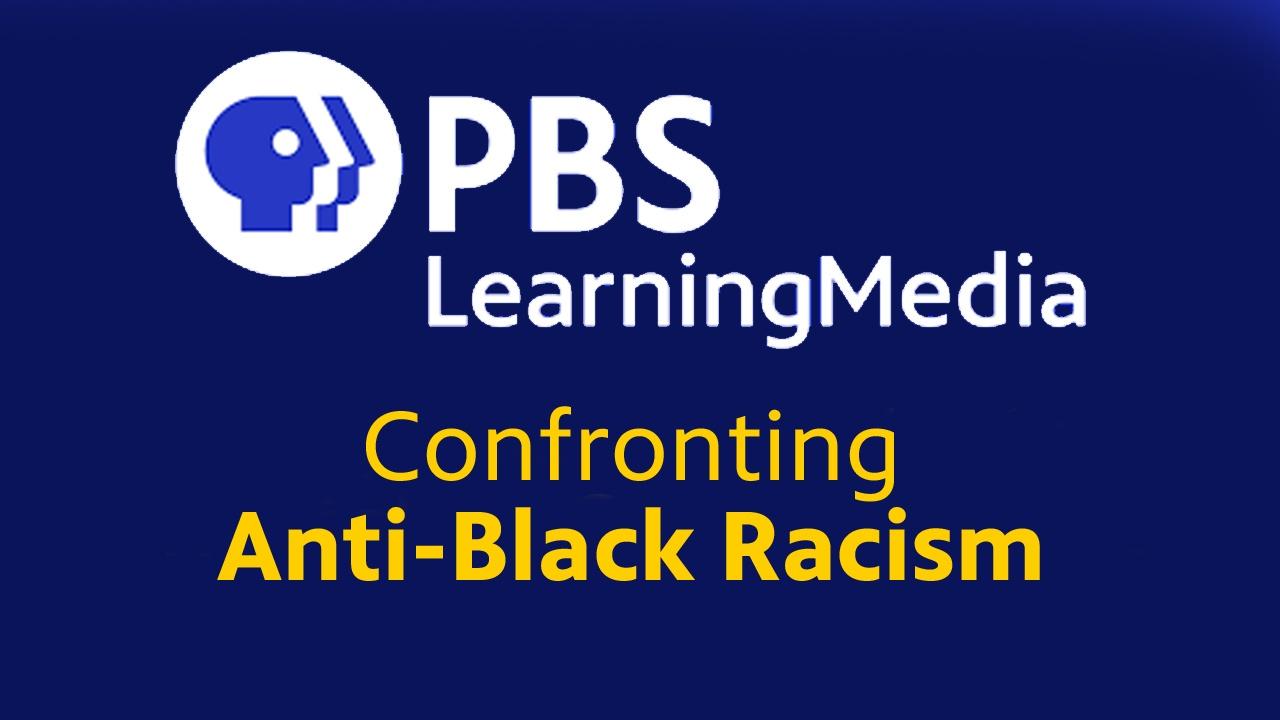
Use these materials with middle and high school students to help them understand the long history of anti-Black racism in the United States.
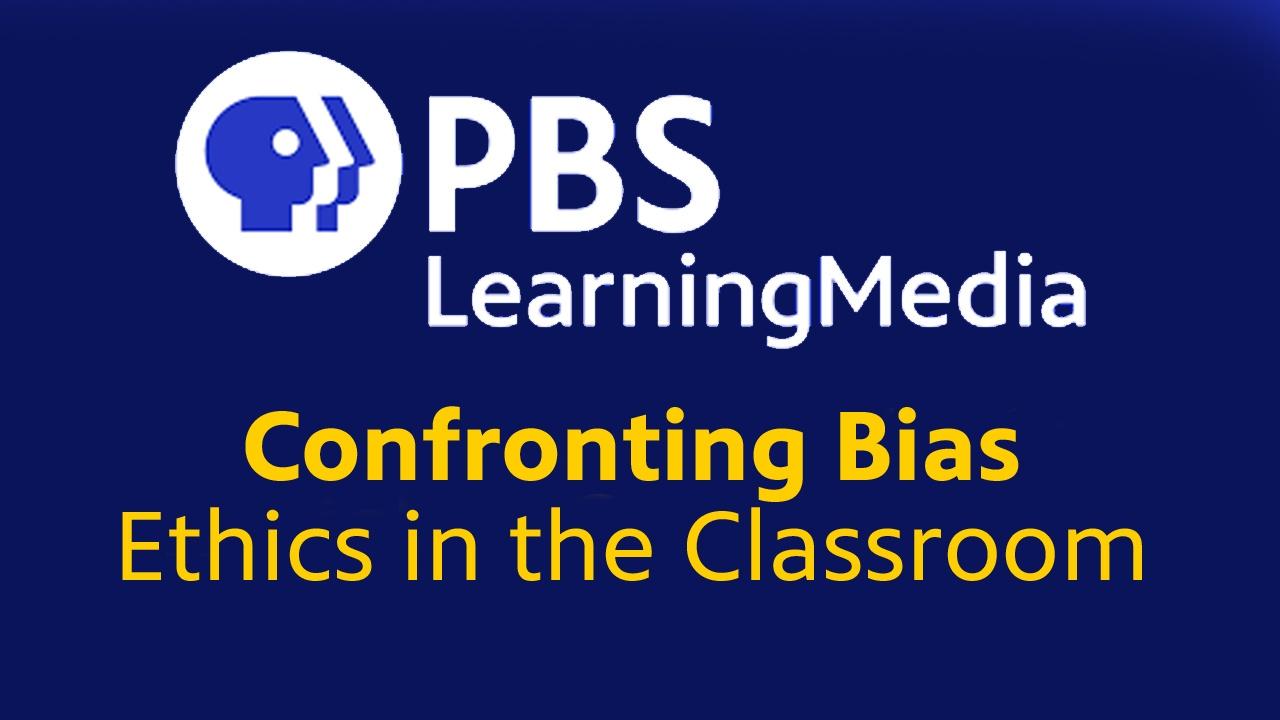
This collection provides teachers tools to incorporate ethics education in the classroom, promote understanding of differing viewpoints, and foster civil dialogue about bias.
Our education colleagues at PBS station WCNY in Syracuse have been working with classroom teachers to provide students with instructional videos filmed with area educators. WCNY’s TV Classroom allows children to continue to connect with real teachers and have the continuity of a classroom experience at home. While some of the curriculum may differ slightly from Western New York curriculum, we feel that the overall learning concepts remain the same.
Mr. Stamoulacatos illustrates the importance of civic participation and thinking critically to evaluate biased information.
The American Flag for Elementary Students.
Geography for Elementary Students.
Government for Elementary Students (Featuring the story: Grace Goes to Washington).
Mrs. Hughley and Derek Still walk students through the process of solving exponential expressions.
Mrs. Cifonelli explains how the rules of sampling and probability can be used to determine the likelihood of an event.
Ms. Hughley and Mr. Stoll demonstrate how to represent real world situations using tables, graphs, and equations.
Mrs. Cifonelli demonstrates how to identify and use mathematical functions.
Focus on rational numbers.
Dr. Masingila explains the difference between theoretical probability and experimental probability, and how to find the probability of compound events.
Comparing Groups.
Rules of exponents, Part 1.
Rules of exponents, Part 2.
Dr. Corcoran and Ms. Vilello cover physical measurements and the broad range of scientific instruments which can be used to obtain them.
Dr. Corcoran and Ms. Vilello use an owl pellet dissection to explain food chains and food webs.
Ms. Lash-Marshall from the Baltimore Woods Nature Center brings nature to the city by presenting the science of maple syrup.
Mr. Trowbridge from the Rosamond Gifford Zoo examines the science of adaptation, linking our own adaptations to those of other animals at the zoo.
Mr. Trowbridge from the Rosamond Gifford Zoo explores what life cycles are, and how they are presented in a variety of animals.
Dual Language Storytime - Mrs. Thurn and Mrs. McKenney read Lola by Junot Díaz and Alma and How She Got Her Name by Juana Martinez-Neal aloud.
Brandon Herwick and Elyse Loughlin show how the DEAN calendar -- Drop Everything And Move -- can keep kids healthy at home.
Are adults always asking you what you want to be when you grow up? That question can be hard to answer, especially since there are so many jobs you can do! Meet host, Jen Indovina. She is on a mission to find out the coolest and most exciting jobs out there and will help you answer the question, "I Can Be What?!" Check out this digital series from Rochester PBS station WXXI.
Behind the scenes at a zoo can be wild and crazy! Join host Jen as she spends the day with Zookeeper Kellee. One of her jobs is taking care of the Canada lynx, a big cat that can make a big mess!
For connected learning resources about this episode, visit: https://www.wxxi.org/icanbewhat/zookeeper











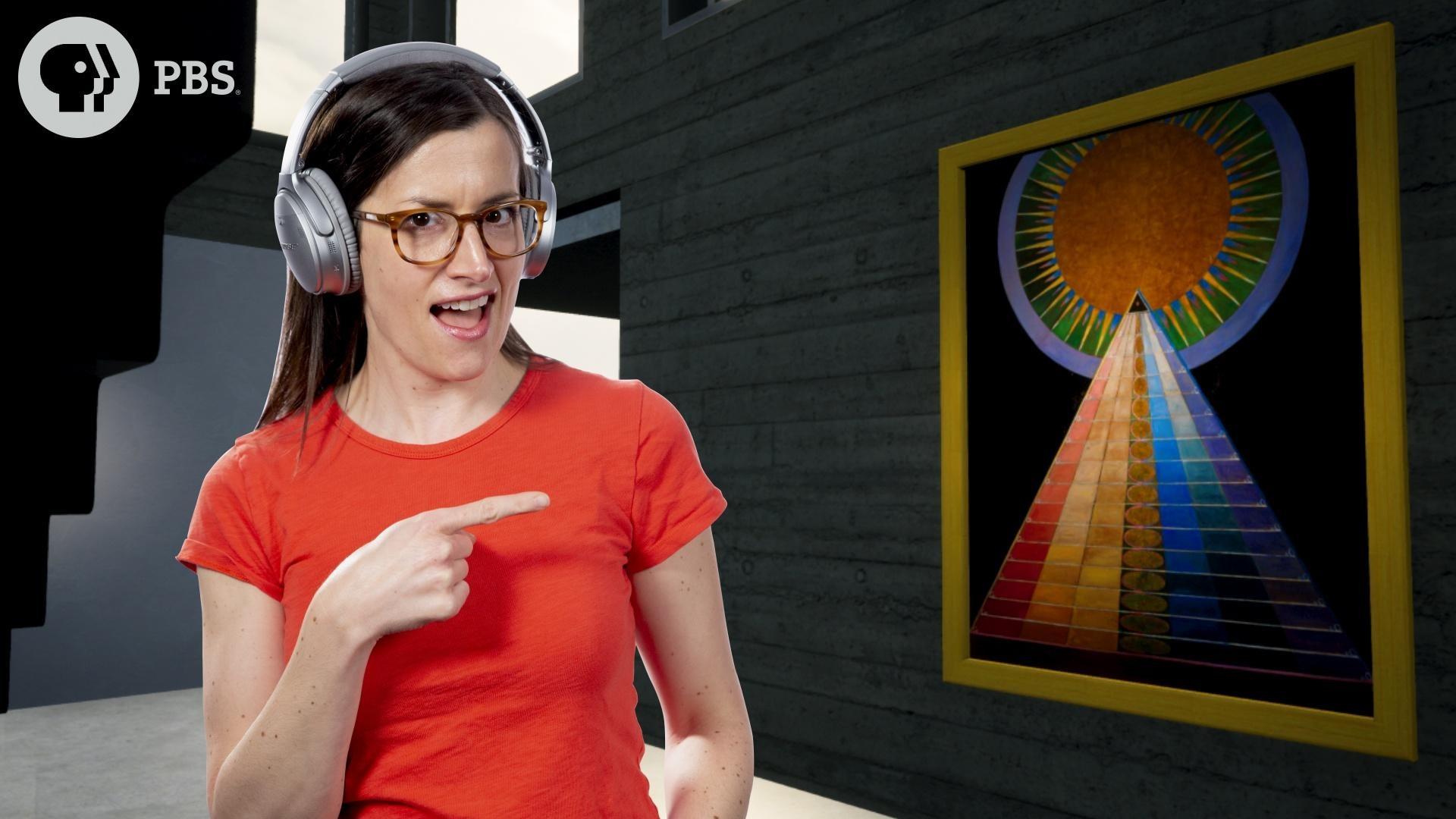
The Art Assignment is a weekly PBS Digital Studios production hosted by curator Sarah Urist Green. We explore art and art history through the lens of things happening today.
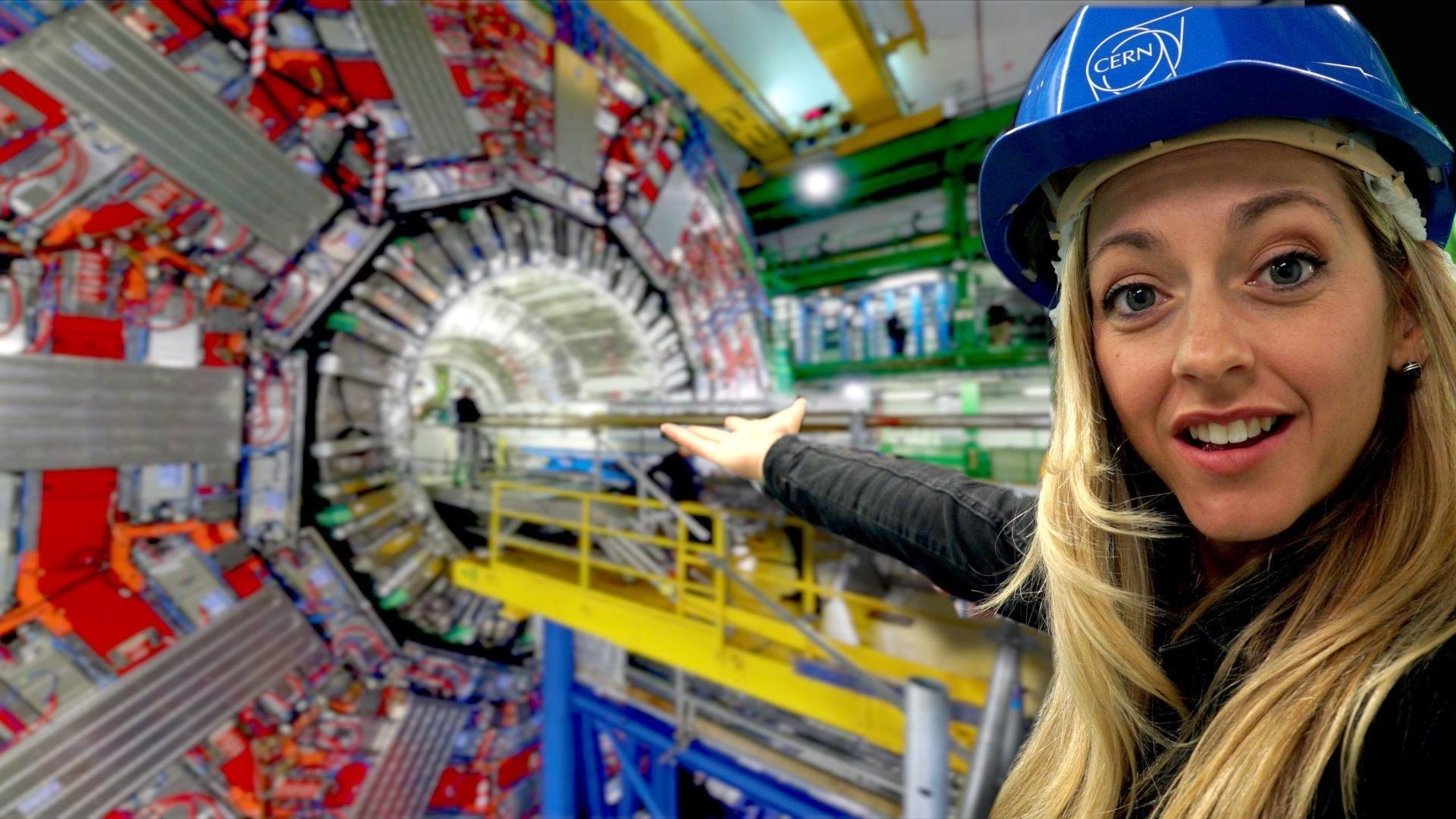
With experiments, demonstrations, and cool new discoveries, Physics Girl sheds new light on the fun, adventurous side of physical science.

Space Time explores the outer reaches of space, the craziness of astrophysics, the possibilities of sci-fi, and anything else you can think of beyond Planet Earth.
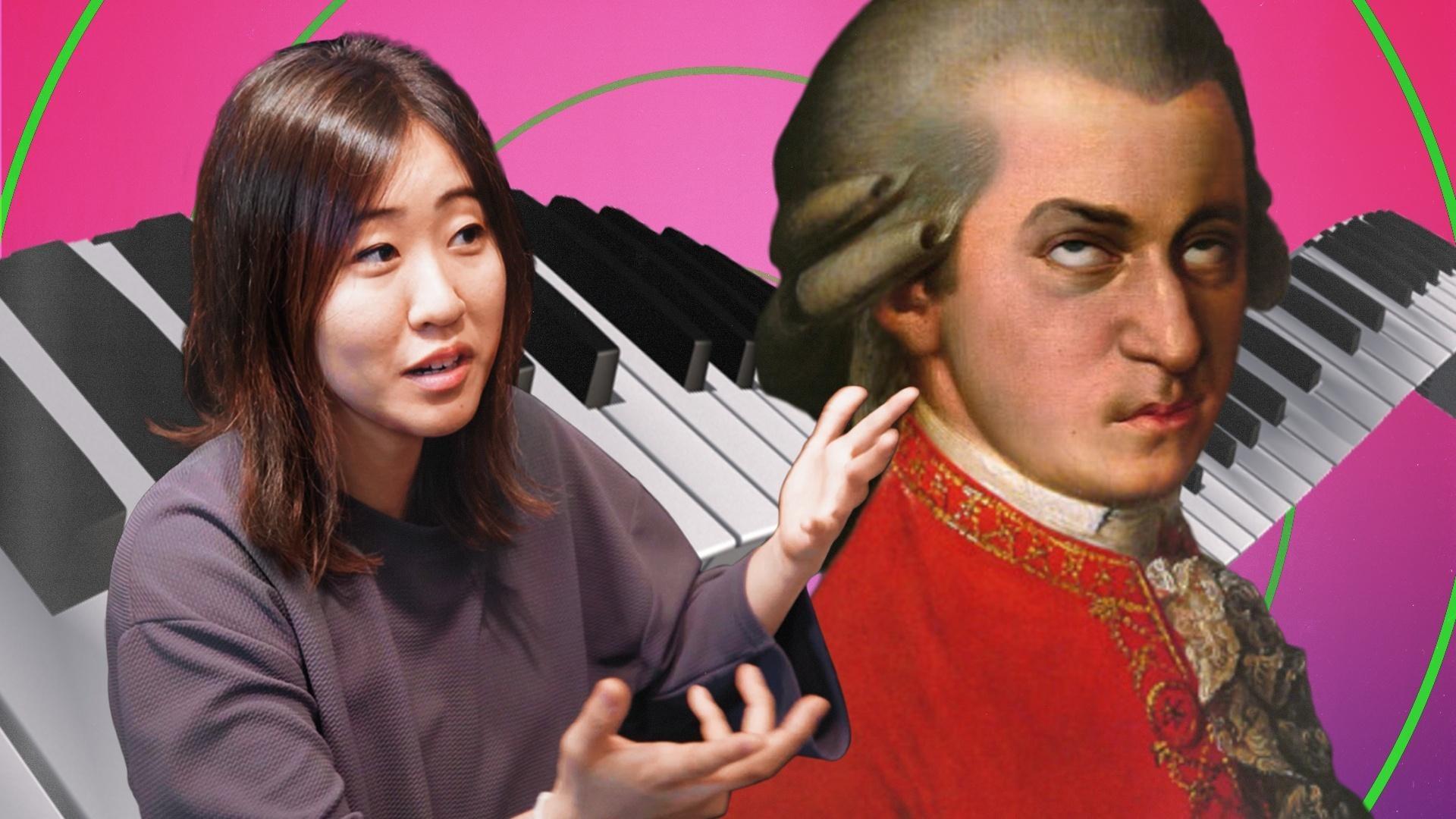
Music teachers explore the culture behind our favorite songs and musical styles.
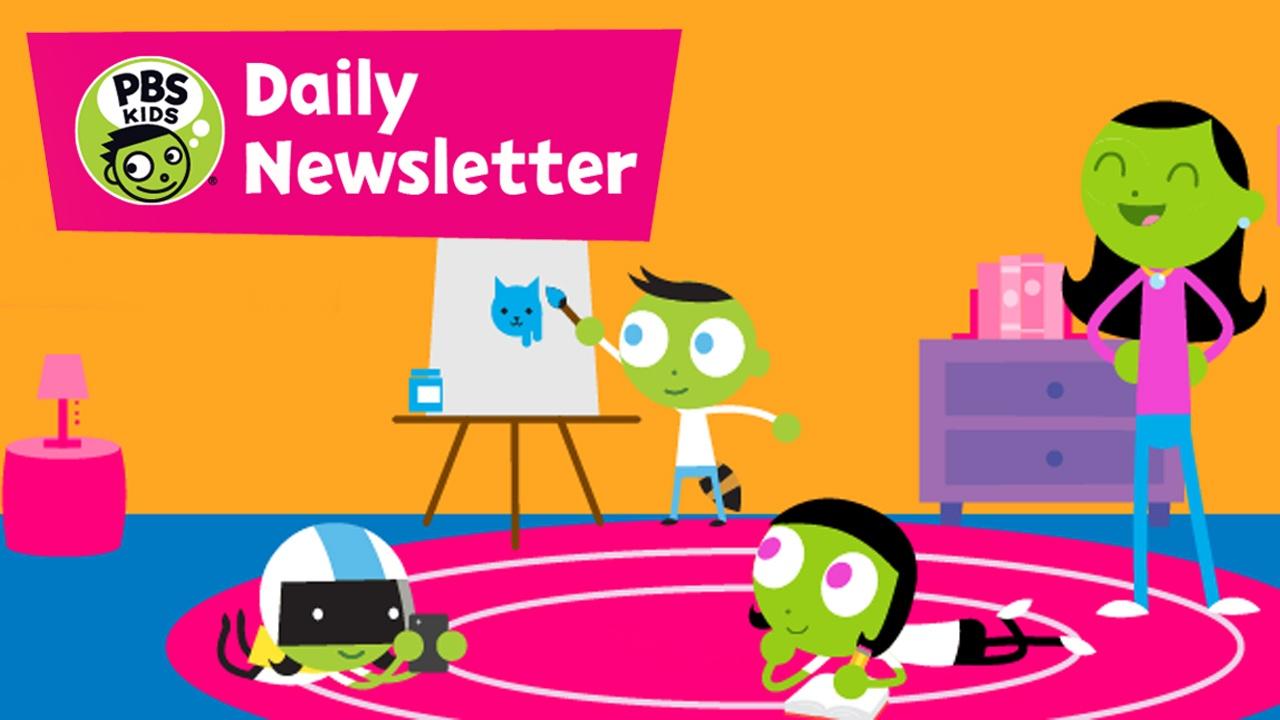
Is your child's school closed due to coronavirus concerns? PBS KIDS' new weekday newsletter offer activities and tips you can use to help kids play and learn at home.
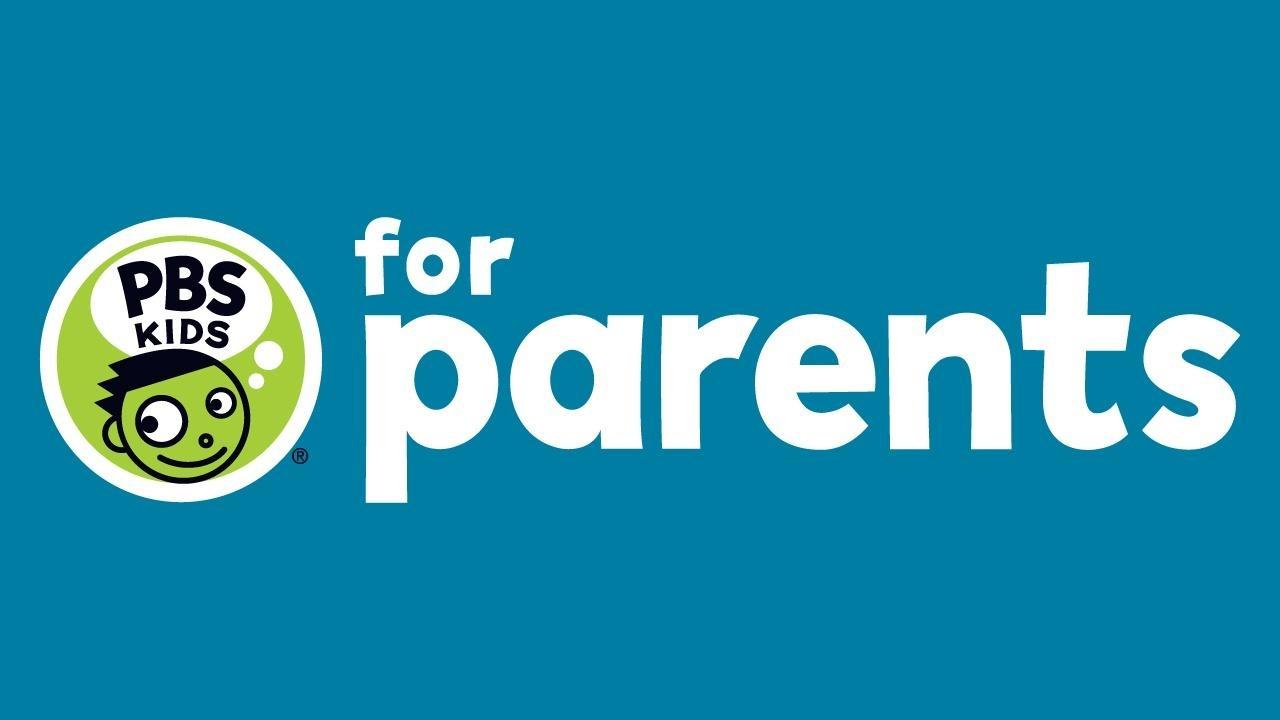
Explore parent resources to help you raise kind, curious and resilient children.

Educational games and videos from Curious George, Wild Kratts and other favorite PBS KIDS shows!
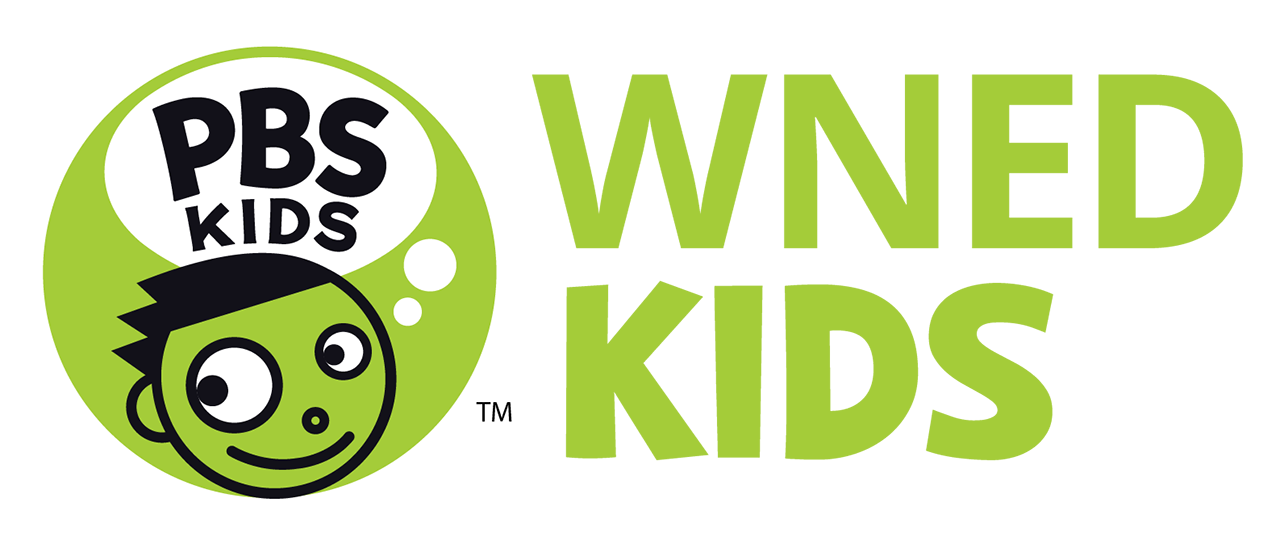
Stream the WNED PBS KIDS CHANNEL
Watch your favorite shows on the 24/7 Live-TV stream!
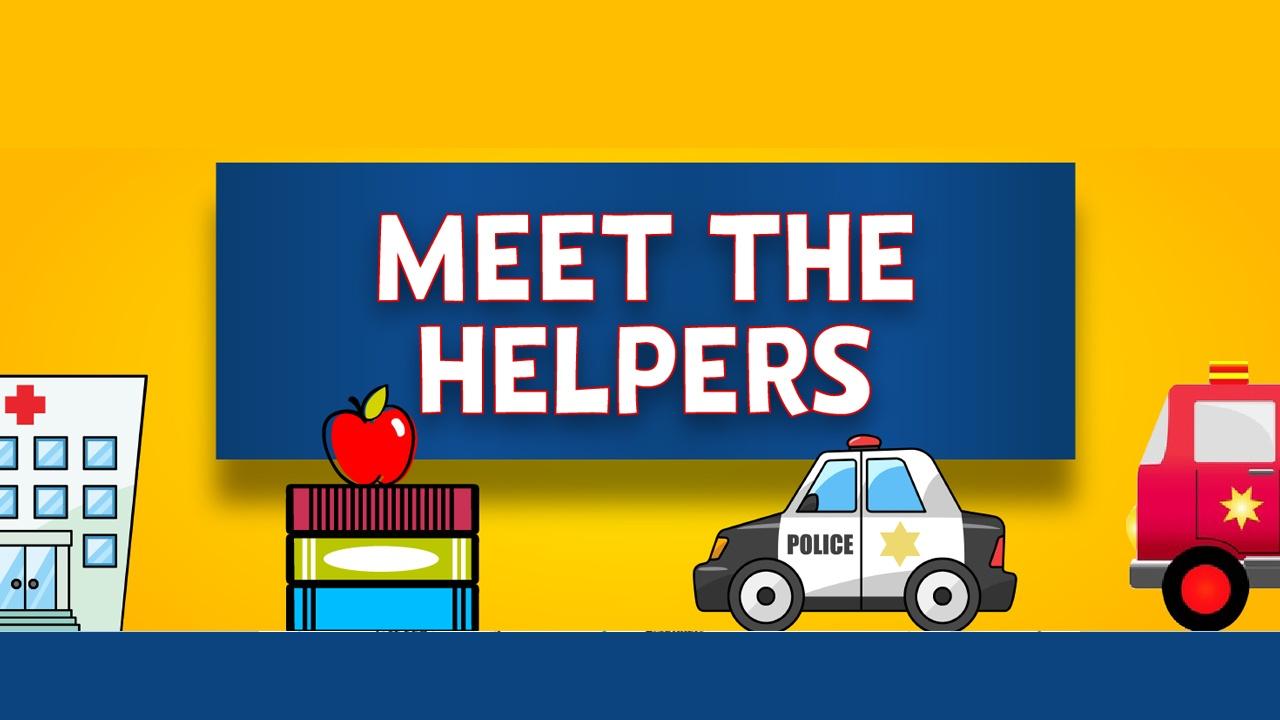
Meet the Helpers
We know it can be a scary time for families as normal routines are disrupted due to the COVID-19 outbreak. This is a great time to talk to children about what is happening.

PBS LearningMedia
Find resources to support families and educators talking about racism, protesting, civil rights, Black history and historical individuals, bias, past and current events,and more.